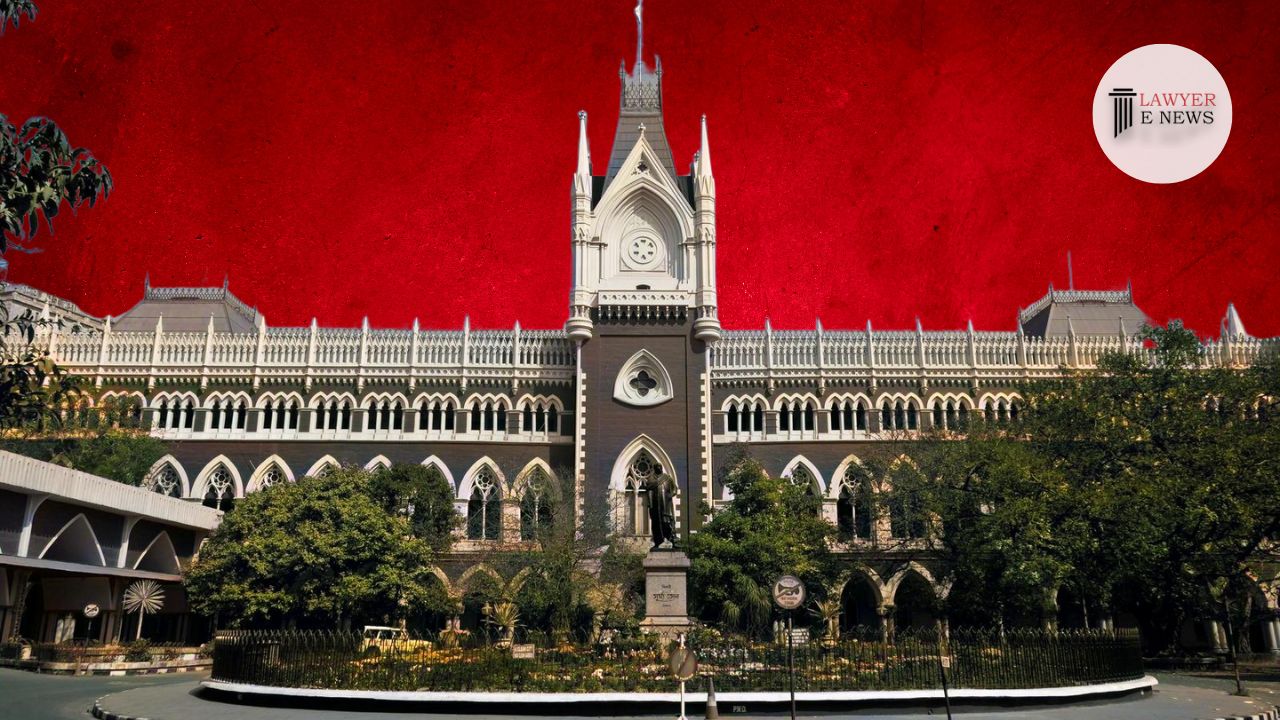-
by Admin
19 February 2026 3:14 PM



In a significant ruling that emphasizes the reformative nature of justice, the Calcutta High Court, in the case of Mahuya Chakraborty Vs. The State of West Bengal and others (W.P.A 22366 of 2023), has directed the State Sentence Review Board (SSRB) of West Bengal to reconsider its decision on the premature release of a life convict. Presiding Justice Sabyasachi Bhattacharyya highlighted the essence of the verdict by stating, "the aim of punishment in modern criminal jurisprudence is reformative and not retributive."
This case, represented by advocates Mr. Kaushik Gupta, Mr. Anirban Tarafder, Mr. Daniel Sarkar, and Mr. Sahel Tusu for the petitioner, and Mr. Sirsanya Bandopadhyay and Mr. Arka Kr. Nag for the State, brought to light the plight of the petitioner, Mahuya Chakraborty. She challenged the SSRB's rejection of her request for her husband's premature release, who has been in custody for over two decades.
The court meticulously reviewed the principles laid down by the Supreme Court, notably in the case of Rajo alias Rajendra Mandal vs. The State of Bihar, underscoring the importance of considering factors beyond the nature of the crime. These include the convict's potential for future crimes, socio-economic conditions, familial relationships, reintegration possibility, and overall human development during incarceration. The ruling reiterated that "every aspect of the convict's life and reform must be considered."
Justice Bhattacharyya critically observed the SSRB's decision-making process, emphasizing that reliance should not be solely on the presiding judge or police reports. The verdict brought to light the inadequacies in considering the convict's conduct and potential for reintegration, stating, "nothing in the grounds of rejection indicate that any report was taken from the Probation cum After Care Officer and/or the Superintendent of the concerned correctional home."
In a powerful assertion of human rights under Article 21, the court stated, "The right of the petitioner under Article 21 to live a life of dignity cannot be deprived merely because the petitioner was convicted." This statement underscores the court's commitment to upholding the dignity and rights of individuals, even those who have been convicted of crimes.
The decision mandates the SSRB to reconvene as a properly constituted board and reconsider the case within one month, taking into account the highlighted yardsticks. This judgment is a landmark in the annals of Indian jurisprudence, reaffirming the judiciary's role in championing reformative justice and human dignity.
Date of Decision: 05 January 2024
Mahuya Chakraborty Vs. The State of West Bengal and others
